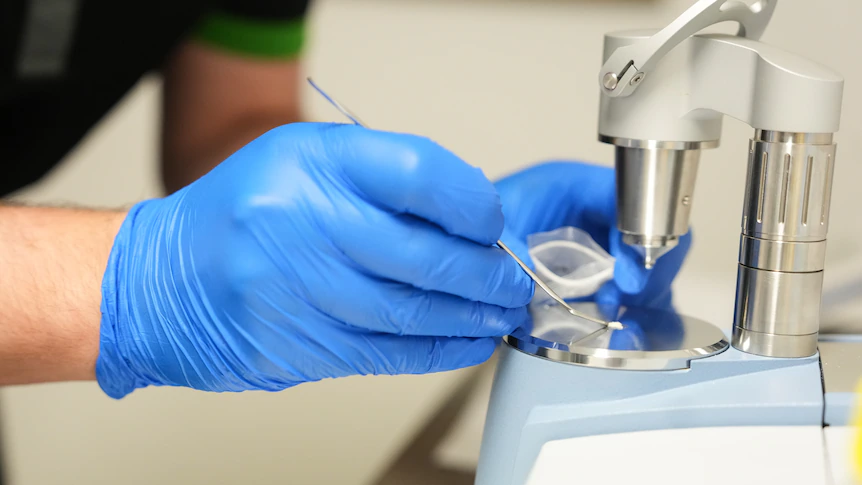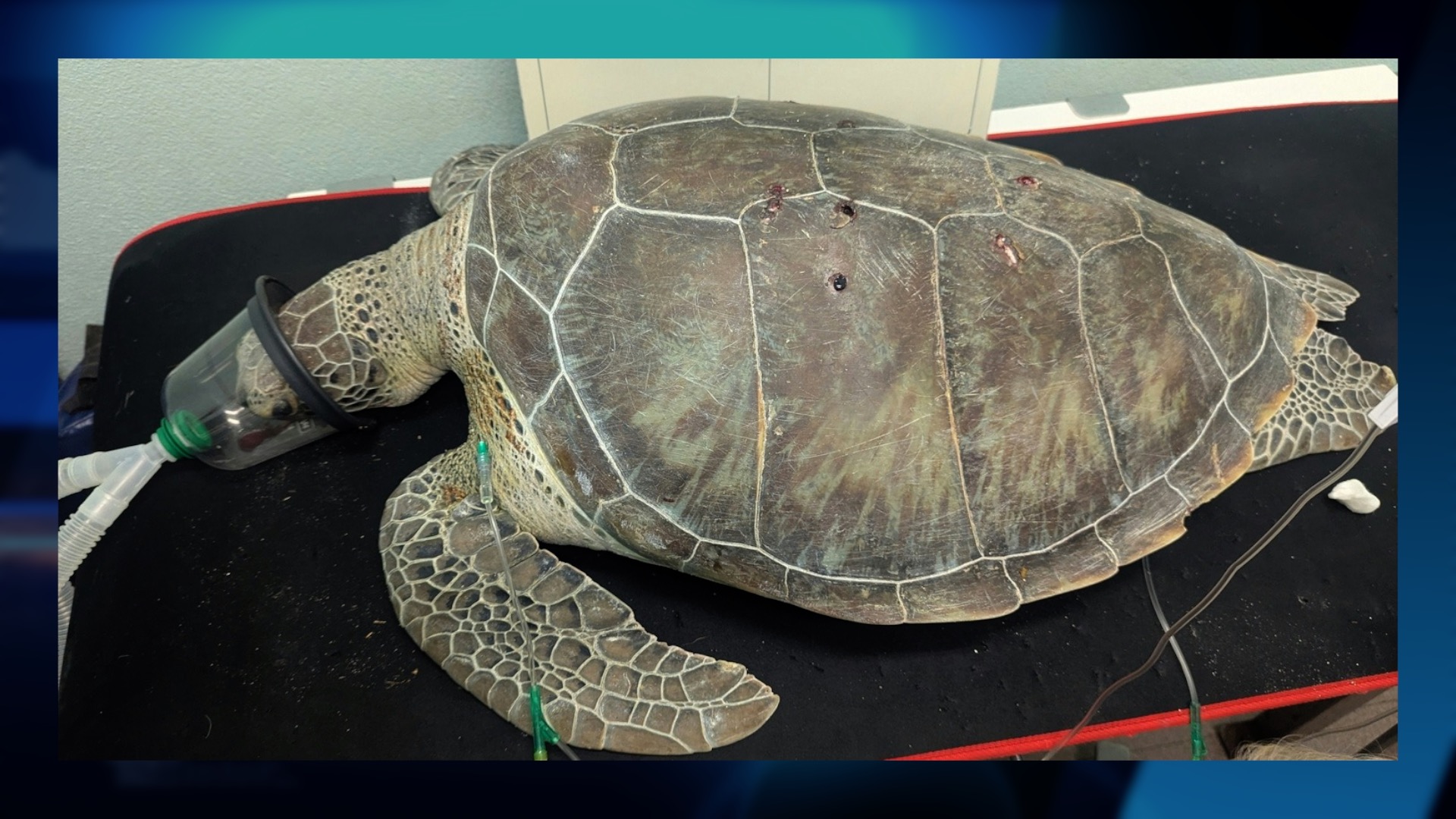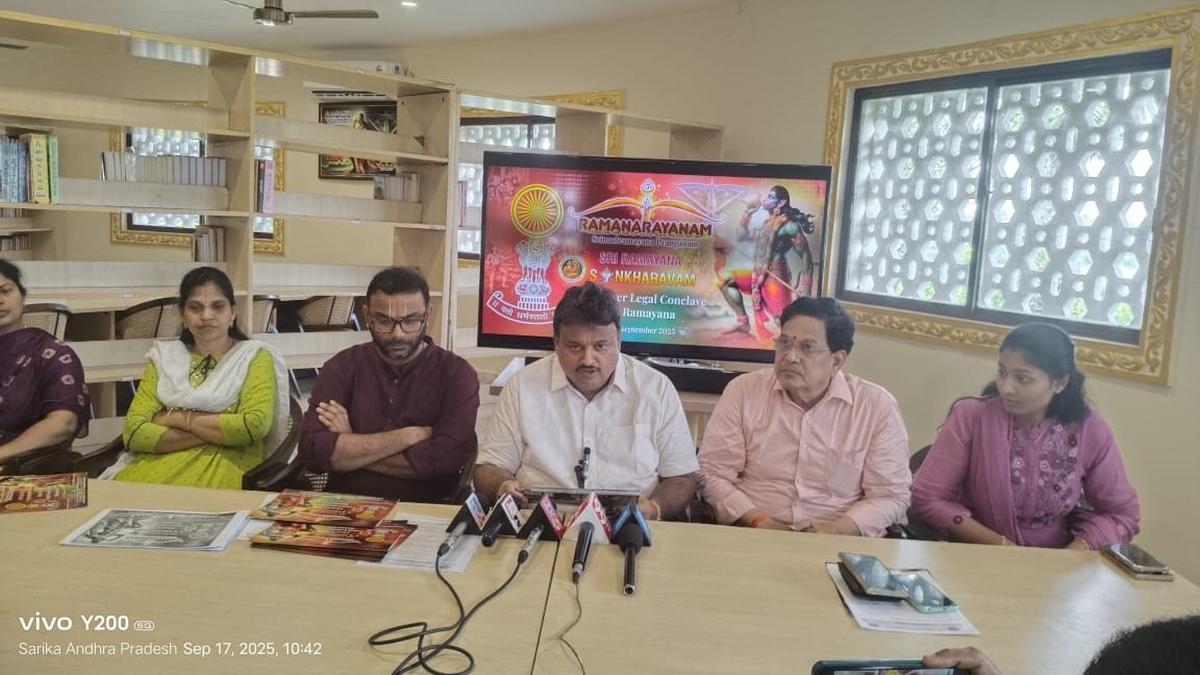By Janelle Miles
Copyright abc

The Crisafulli government has handed a bitter pill to stalled drug checking services in Queensland by ramming law changes through parliament to ban them.
Two CheQpoint pill-testing sites — one in Brisbane, the other on the Gold Coast — reluctantly closed their doors in April after the government failed to renew funding.
The Brisbane clinic at Bowen Hills, an inner northern suburb, was poised to reopen this month with private money, but that plan was scuttled after Deputy Premier Jarrod Bleijie threatened to shut it down.
Not-for-profit organisation The Loop Australia, which was delivering the “life-saving” CheQpoint services, said at the time it was delaying the return of the Brisbane site “due to concerns about the safety and privacy of people” who used the venue.
But pill testing in Queensland — backed by the Australian Medical Association’s (AMA) state branch — is unlikely to resume anytime soon after the LNP government rushed through legal amendments to the Medicines and Poisons Act banning drug checking across the state.
The amendments prevent the Queensland Health director-general from “granting or renewing substance authorities for the purpose of drug checking”.
Blatant political manoeuvring meant the amendments passed through parliament without the scrutiny of the all-party parliamentary committee system.
Parliamentary committees can summon and examine witnesses, canvass public opinion, view documents and evaluate the evidence before making recommendations about proposed law changes.
A group calling itself The Pill Testing for Queensland Alliance, which includes The Loop, AMA and others, staged an unsuccessful 11th hour bid to get the government to meet with “health experts and community stakeholders instead of rushing through” the amendments without consultation.
“All we are asking for is a meeting with the government before they make irreversible legislative changes that could put Queensland lives at risk,” said The Loop Australia’s chief executive officer Cameron Francis.
“This is about respecting democratic process and evidence-based policy making.
“We’re not asking for anything unreasonable — just a meeting to discuss the evidence before legislative changes are locked in. Taxpayers deserve transparency.”
Data shows unexpected substances found
Data from CheQpoint’s first year of operations to April this year shows the service tested 1,200 drug samples from almost 700 people.
About 10 per cent of the samples contained unexpected drugs.
Of six counterfeit tablets expected to be the pharmaceutical opioid oxycodone, three of them instead contained nitazenes — potent synthetic opioids with a high risk of overdose.
Four people died following a mass nitazene overdose in Melbourne last year.
Another tablet, in the shape of a green teddy bear, also tested positive to a type of nitazene.
Accusing the LNP government of championing ideology over Queenslanders’ safety, Opposition Leader Steven Miles has called for a parliamentary inquiry into drug checking services.
“Outside of the far right of the LNP, just about everyone else agrees that pill testing saves lives, whether that’s the Queensland Police, experts, young people or parents,” Mr Miles said.
“Everyone can see how pill testing helps connect people with health professionals and helps make sure that they’re not taking substances that will kill them.
‘We don’t support drug dealers’
But the Crisafulli government is unrepentant about its tough stance on drugs.
“It has been the policy of the government since prior to the election, that we do not support pill testing, drug checking services, either public or private,” Health Minister Tim Nicholls told parliament this week.
“We made that position abundantly clear well before the election.
“Only the Labor party backed drug dealers in this House.”
Information scrubbed from website
In 2023, 310 unintended drug-induced deaths were reported in Queensland, a 5 per cent increase in five years. That’s higher than the road toll of 274 people in the same year.
Rates of unintended drug overdose fatalities in the state increased from 3.3 deaths per 100,000 population in 2003 to 5.6 per 100,000 population in 2023, according to the latest data available.
Despite those deaths outstripping road fatalities in Queensland, information about pill testing on the state health department’s website has been stripped back, on orders from the health minister’s office.
Searching the website for information about drug checking services once provided links to services such as The Loop, QuIVAA (Queensland Injectors Voice for Advocacy and Action), and QuIHN (Queensland Injectors Health Network). All three bodies were involved in south-east Queensland’s pill testing sites.
But those links have been recently scrubbed from that part of the website.
Like other state government departments, the Queensland Health website spouts the government’s mantra — Delivering for Queensland.
But with drug overdose deaths on the rise, if pill testing cannot be the answer, the Crisafulli government faces pressure from the opposition and health experts to find an effective alternative to protect some of the state’s most vulnerable citizens.



